

.jpg)
The rise of the Greens and the Liberals makes them essential to reach a coalition deal.
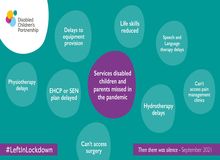
The plight of many families with disabled children hasn’t received the media attention that it so deserves and needs.
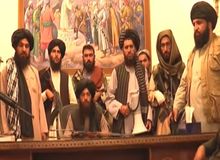
The government has fled and extremists have proclaimed a new Islamic State. “With the Taliban in power, the vulnerability of believers increases tenfold”, Christian organisations warn.

The Evangelical Alliance calls on the UK government to permit congregational singing in English churches.

Entities and churches work tirelessly to take care of the most vulnerable during the Covid-19 crisis, often without the needed support of the authorities.
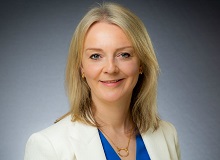
“We firmly believe that neither biology nor gender is destiny”, the government’s Equality Minister told the Parliament.

The government control raised during coronavirus “in order to limit, if not extinguish, Christian practice”, Christian assosiations denounce.
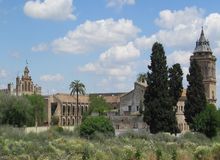
The Office of Culture and Heritage will invest more than 4 million euros in the recovery of the San Isidoro del Campo monastery, where the first translation of the Bible into Spanish began.

The regional government asks churches to report any newcomers to make sure they undergo PCR tests. The region has experienced three recent outbreaks.

In the Dominican Republic, 200 evangelical leaders call “the business and the political sectors to put down corruption and focus on the reintegration of ethics”.

For Christians readjusting to life emerging from lockdown, we should be seeking the common good by respecting the law and following any guidelines.
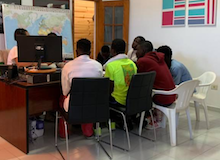
The Modern Christian Mission church in Fuerteventura is hosting over newly arrived 150 migrants. “The island is helpless in matters of migration, we only have God”, the pastor says.
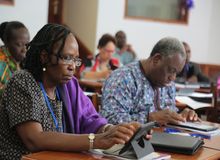
The Association of Evangelicals in Africa releases a statement after a well-known Nigerian Christian leader and his family were brutally attacked.

“Religious communities have been very responsible and very problem-conscious”, the spokesman of the German government said. The Austrian Chancellor gave “a special thank you to the churches”.

How and when churches expect to go back to face-to-face gatherings.

We need to learn to look for where God is at work quietly and behind the scenes. What might God bring out of all of this?

The coronavirus crisis in Europe is “driving a public debate about privacy, ethics and public health, and what measures are appropriate (or not) to protect it”, says Patricia Shaw of the Homo Responsibilis Initiative.

Jonathan Ebsworth of the TechHuman initiative warns that some technologies being used in Europe are “approaching a level of quasi-omniscience that no human enterprise ought to have”.

The Spanish Evangelical Alliance analyses the challenges and decisions happening in the areas of medicine, economy and social justice in the face of the Covid-19 pandemic.

Two Iranian Christian women spent 259 days in prison for their faith. “God gave us an opportunity to share the gospel with people who needed to hear it”. They wrote a book about it.

The Education Minister creates a socio-political storm by saying that “children do not belong to their parents”. Three evangelical organisations join the debate about the LGBT workshops in state schools.

Social Democrat Pedro Sánchez is confirmed as Prime Minister after forming a government with leftists Podemos. The growing socio-political polarisation makes dialogue difficult, evangelicals say.

Sebastian Kurz (ÖVP) and Werner Kogler (Greens) reached an agreement, which aims to become climate-neutral by 2040 and includes and stricter controls on migration.

Muslim government officials attended the Christmas service of Khartoum Bahri Evangelical Church, a congregation the previous government harassed for years.

In a letter sent to census authorities, dozens of academics said they “are concerned that this will damage our ability to capture and remedy sex-based inequality”.

Las opiniones vertidas por nuestros colaboradores se realizan a nivel personal, pudiendo coincidir o no con la postura de la dirección de Protestante Digital.